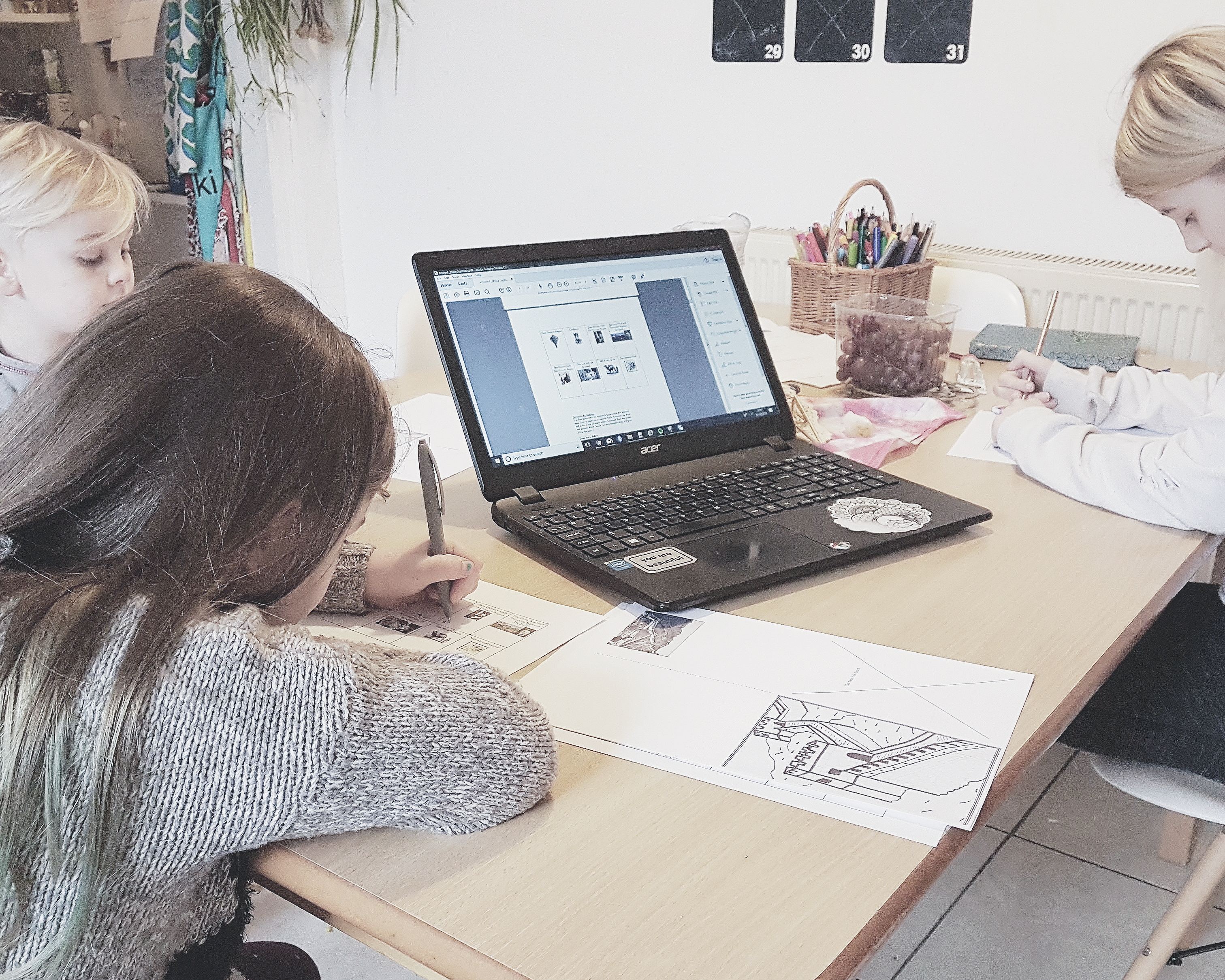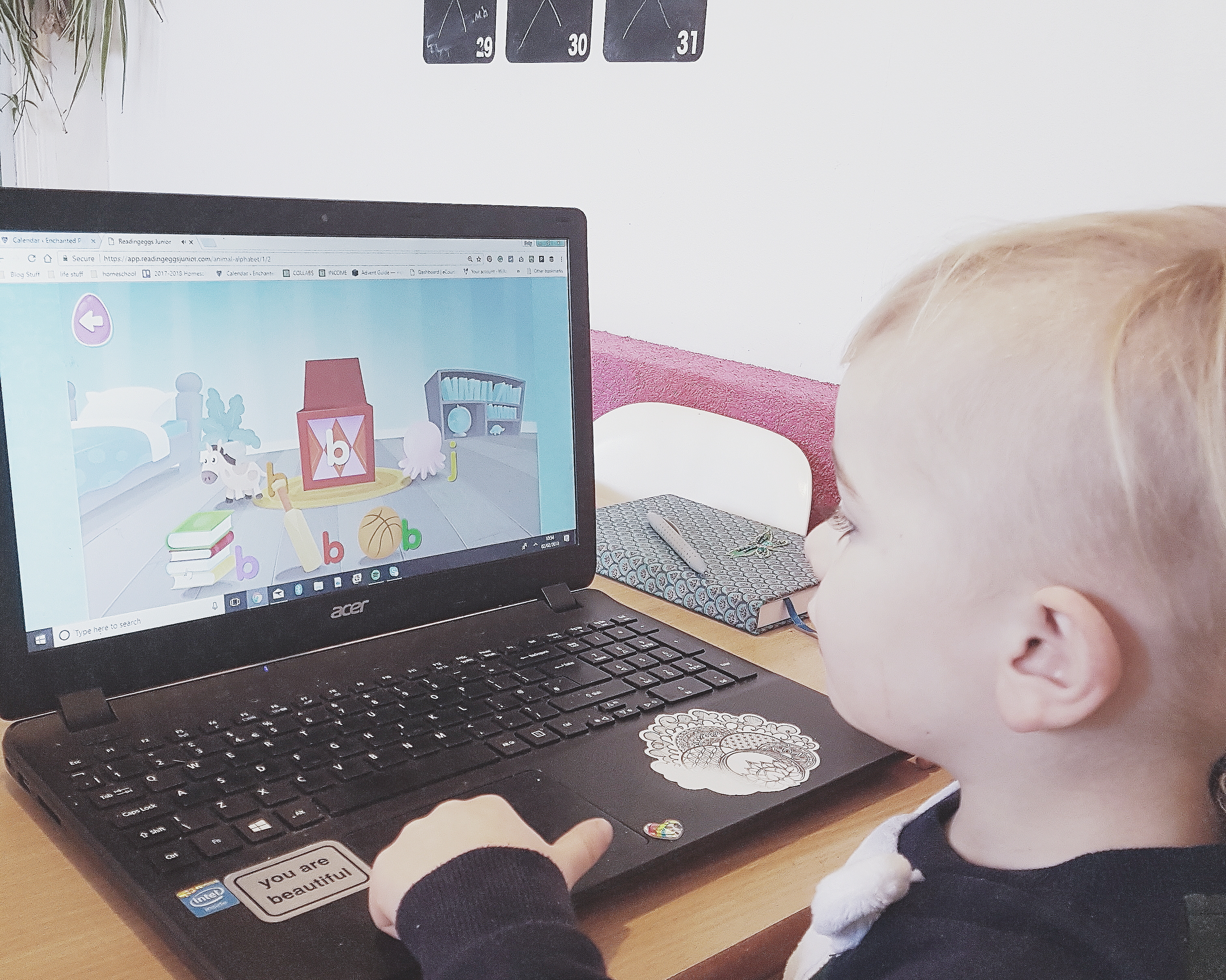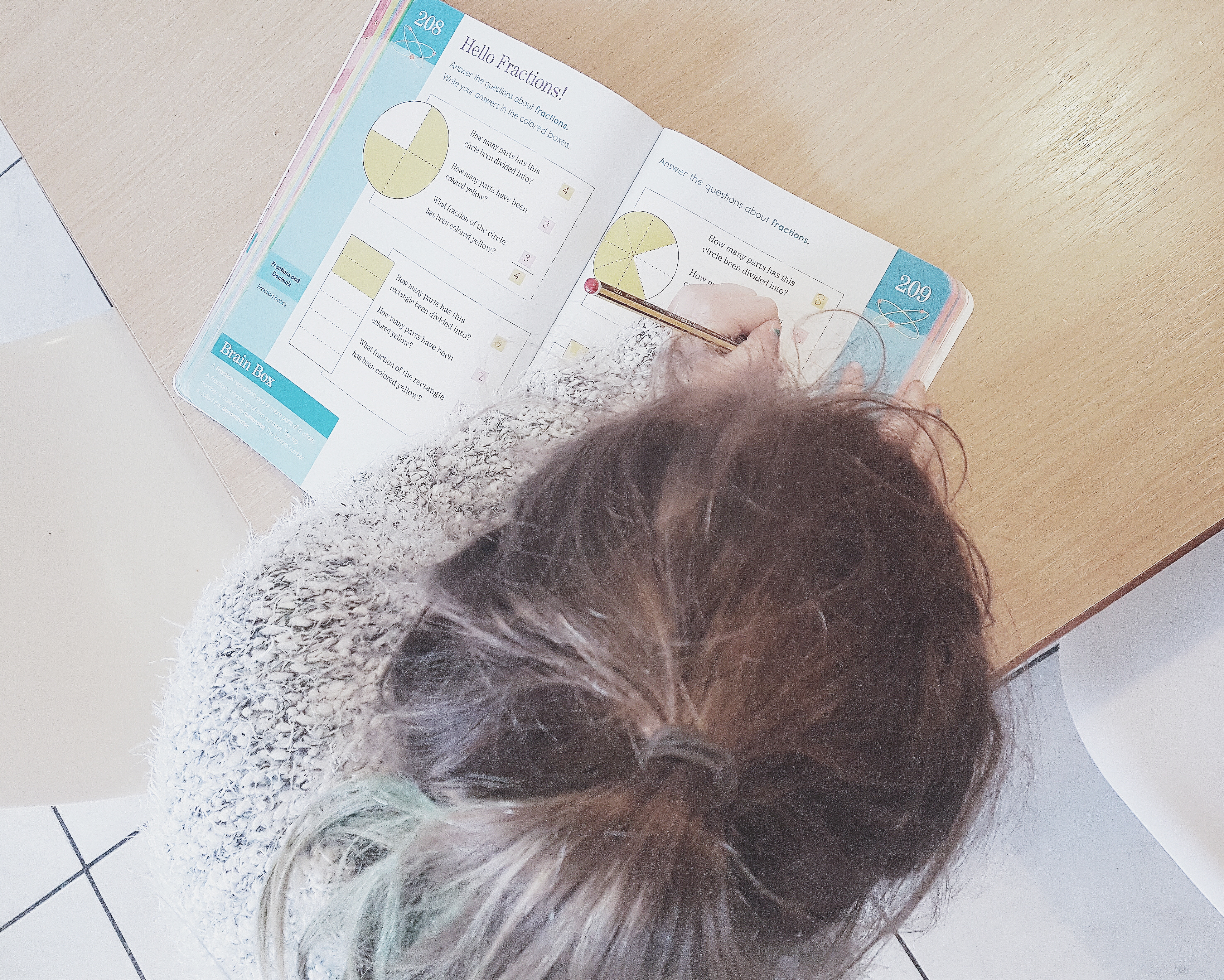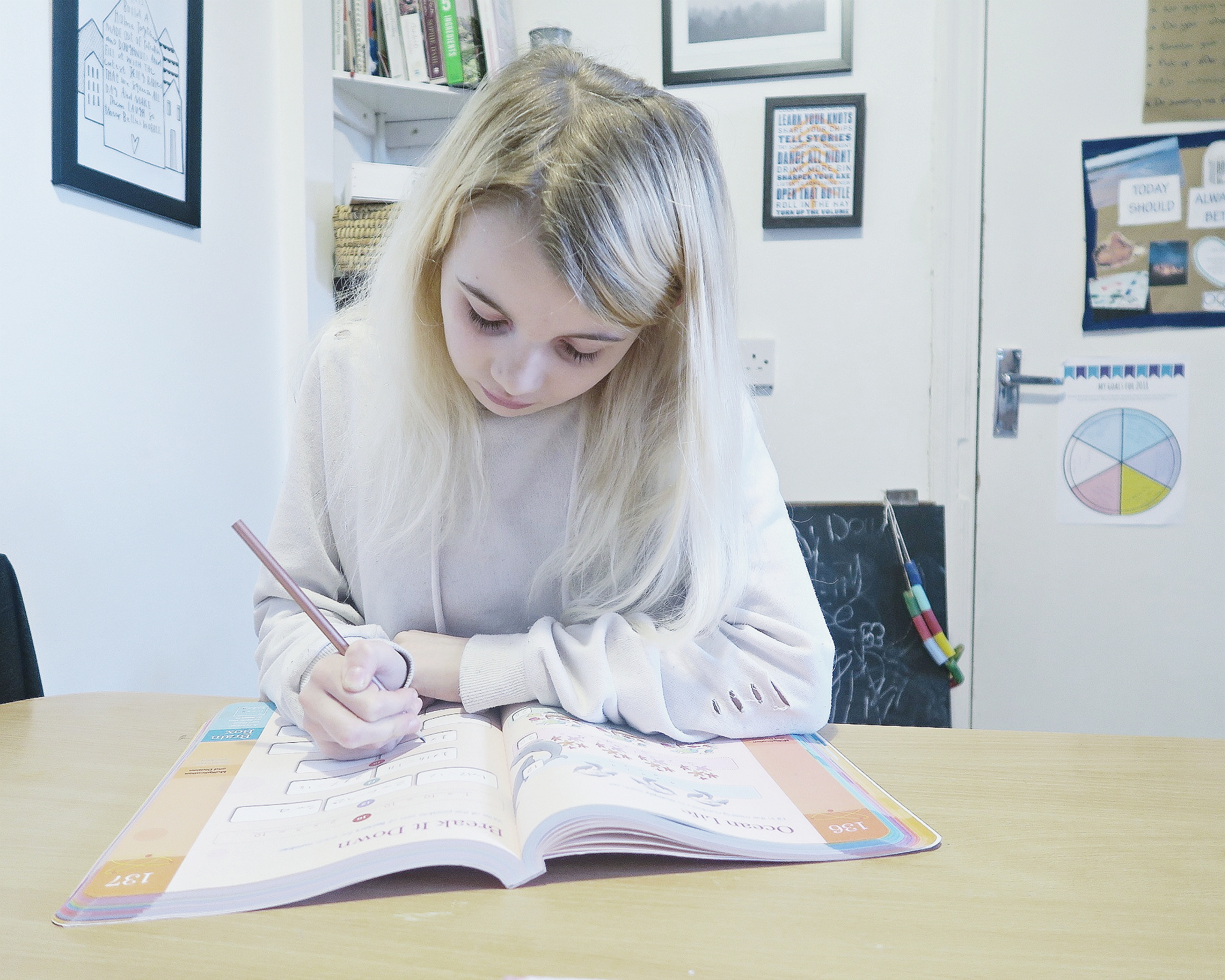Practical tips for Home-educating mulitple ages

I often get asked how I manage to home educate different age kiddos, how it works, what our days look like, how I manage to balance everyone’s different needs. Firstly, having home educated for the past almost 11 years, since Lola was 4 and Kiki just a baby, I’ve not known any other way – my family has grown along the way and we’ve just adapted, I’m sure it would have been more daunting if I had taken them out of school and suddenly had to figure it out! Secondly, day to day home educating has changed so much over the years, as my girls have grown older and more kiddos have come along.

When we first set out on this journey, I had a reception age child, and a 1-year-old. We carried on much as we had been before we were officially home educating. We played lots of board games, we crafted, we read books. As those two girls got a little bigger, we spent lots of time doing projects – looking at space, for example, or the body or whatever was captivating us right then. We’d do activities related to the topic, involving both girls, I have always found that the younger ones want to do whatever the older ones are doing, so even if the work is a little ‘above’ them, they join in and still get something out of it. By the time number three was a toddler, we were doing the same topics again, this time just with the younger two – so that meant Kiki was repeating things, but this time being older and understanding more. Those years when the three girls were all little were fun {if crazy}. We didn’t do very much formal work, just focused on the things they loved, adding in things like Jolly Phonics, Reading Eggs and Mathseed to back it all up.
How it works now

Now I have a 14-year-old, 11-year-old, 8-year-old and a 3-year-old. My eldest spent a year in school and is now back home full time. She sets her own work goals, we’re currently looking into college options for her, so she’s busy with independent studies right now. She writes lots of stories, she’s doing a couple of online courses as well as learning some languages. Apart from if she asks me, I don’t actually have to do too much ‘work’ with her at the moment {we’re taking a break from GCSE’s until she can get into college, as it wasn’t working for her}.
My 11 and 8-year-olds have both independent studies as well as projects they work on together. Our days usually start together around the breakfast table, filling in our gratitude diaries and chatting about what we want to do that day. Usually, we’ll spend a couple of hours in the morning together on their studies. One will work on their BrainQuest Books, while I do Life of Fred with the other, then we’ll swap. We’re doing an ‘Around the World’ topic this year – using our book club books each month as the basis for most of our work. The girls work on this together, researching that month’s country, doing activities, watching documentaries, etc. We’ll also work on mini-topics together – we’ve looked at the solar system, how the body works – it’s much easier to work together on projects than it would be for me to do entirely separate ones with each of them. They both have set reading lists to work on independently, Kiki is learning French and touches typing, Baya is studying Spanish.
My three year old generally joins in with whatever I am doing with Kiki and Baya, he has his own BrainQuest Book {I bought him the Pre-K as he was desperate to be like the girls!!}, so one of us will help him with that. If we’re working on topics he’ll usually sit alongside, he always wants any sheets that the girls are filling in, and will sit and watch the documentaries with them! I do plan on starting to use the Peaceful Preschool curriculum with him at some point this year, though he picks up so much from joining in with everyone else’s lessons anyway!

Practical Tips
There is no right or wrong way to home educate multiple age. The key I think is figuring out what works best for you as a family, and for each individual child. Obviously this changes over the years as your kiddos grow older. I find when they’re younger they need more guidance and hands-on help, then as they get older they can be given tasks and left to get on with it themselves, leaving you freer to help the younger ones.
This is some of what works for us – though as I’ve said, it can change month-to-month and the best thing is to be flexible! Don’t be afraid to change things that aren’t working, or don’t feel you have to do things in a certain way if they don’t fit with your family.
* Group Work – working together on projects is fun and easier than doing them individually. We work together on things like read-alouds, art projects, science topics, our history curriculum and geography lessons.
* Rotate between the kiddos – if you’ve more than one that needs that hands-on help, spend individual time with each of them in turn. Things like English and Maths are the main ones that I do individually, so I can tailor them to their own levels and really make sure they are understanding the work.
* Get the older ones involved – if I’m busy with one child, I’ll often ask one of the older ones to help the littlest out – it may be helping him with his ABC’s workbook, playing playdough with him or reading him a story.
* Use online programmes – my kids have all loved using Reading Eggs to help learn to read and build on their reading skills. We also use DoodleMaths as extra daily maths practice. This is great, as it keeps one child busy while you are helping another one!
* Put away the distractions – we have a no phones/TV/social media rule when we’re learning to keep the distractions at bay {for me as much as them}. There have been times I’ve tried to multi-task – doing my own work while trying to help the kiddos, making dinner at hte same time… it always ends up with me stressed out and nothing getting done. So learning time is learning time and that’s all we focus on.
What tips do you have for teaching multiple ages?

Leave a Reply
You must be logged in to post a comment.